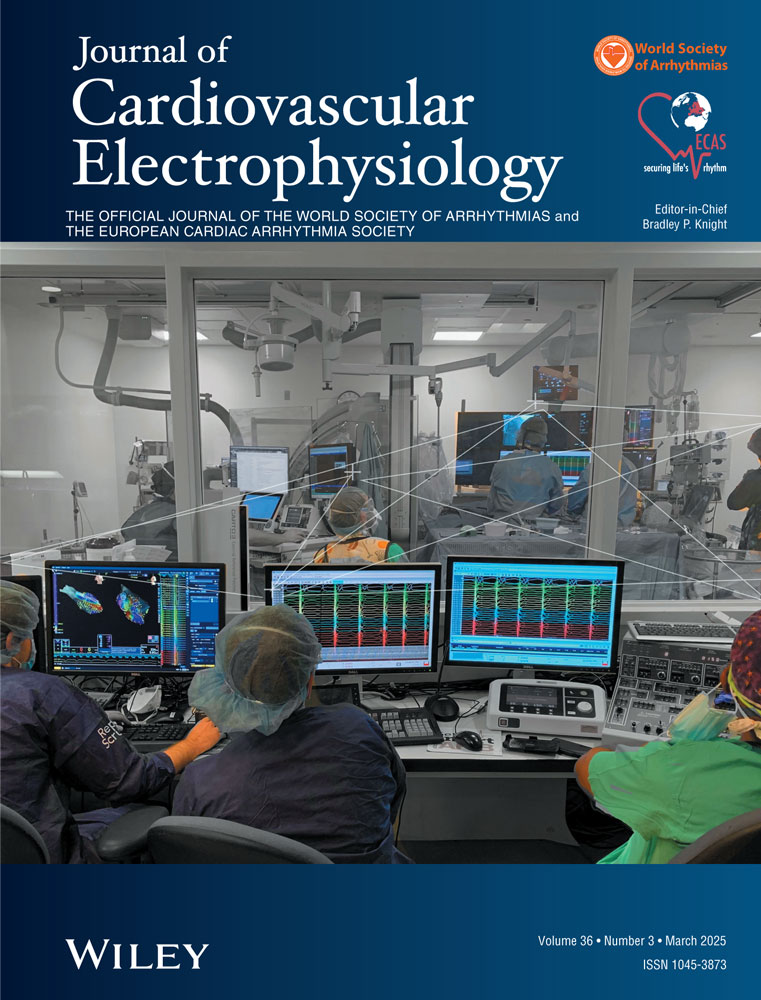A Bayesian Interpretation of CABANA and Other Randomized Controlled Trials for Catheter Ablation in Patients With Atrial Fibrillation
Disclosures: All authors take responsibility for all aspects of the reliability and freedom from bias of the data presented and their discussed interpretation.
ABSTRACT
Background
Catheter ablation improves symptoms and quality of life in atrial fibrillation patients, but its effect on adverse cardiovascular outcomes and mortality remains uncertain. Bayesian analysis of randomized controlled trials offers a deeper understanding of treatment effects beyond conventional p-value thresholds.
Methods
We conducted a post hoc Bayesian reanalysis of CABANA and four similar trials to estimate catheter ablation's effect on cardiovascular and survival outcomes. Using publicly available, trial-level data, we fitted ordinal Bayesian regression models to assess the impact of catheter ablation on the primary composite outcome—comprising all-cause mortality, stroke with disability, serious bleeding, and cardiac arrest—as well as mortality alone. We considered two sets of prior distributions: (1) a noninformative prior, where all effect sizes are equally probable and inference is primarily based on trial data, and (2) a treatment effect distribution derived from four trials using a random effects model.
Results
In this analysis, refined probability distributions for treatment effects were obtained by integrating data from CABANA with diverse priors through Bayes' theorem, offering a novel, nuanced probabilistic understanding of the potential impact of ablation compared with medical therapy on cardiovascular outcomes and all-cause mortality. In contrast to CABANA's original frequentist estimates, which were inconclusive, Bayesian analyses indicated probabilities of 82.6% and 81.1% that ablation is superior in reducing adverse cardiovascular outcomes and mortality, respectively. Incorporating results from four other similar trials increased the probability of improved effects on mortality to 86.0%.
Conclusions
Bayesian analysis augmented the interpretation of previously inconclusive findings, suggesting a clinically relevant probability of benefit from catheter ablation compared to medical therapy in a broad population with atrial fibrillation.
Conflicts of Interest
The authors declare no conflicts of interest.
Open Research
Data Availability Statement
The data that supports the findings of this study are available in the supplementary material of this article.




